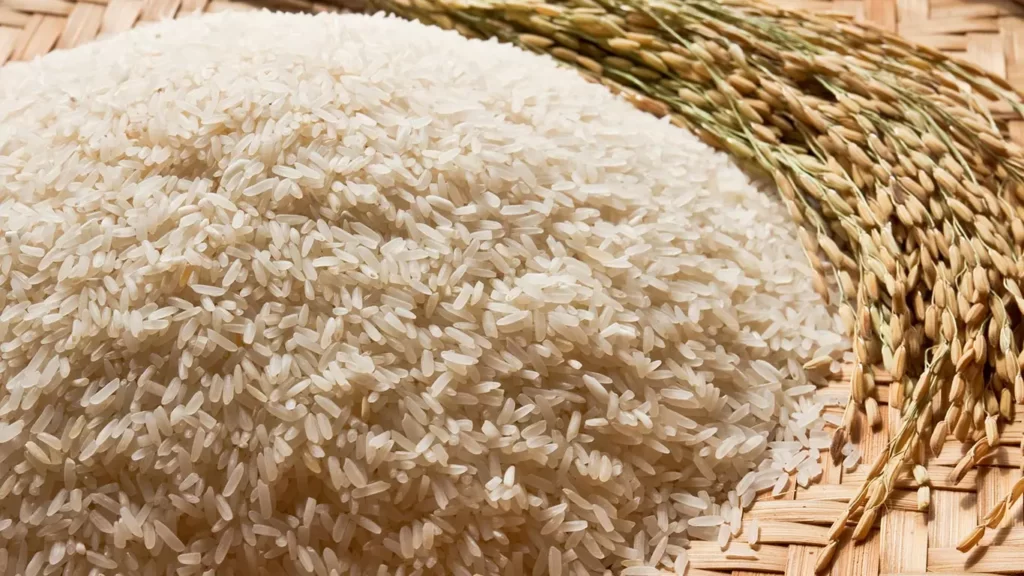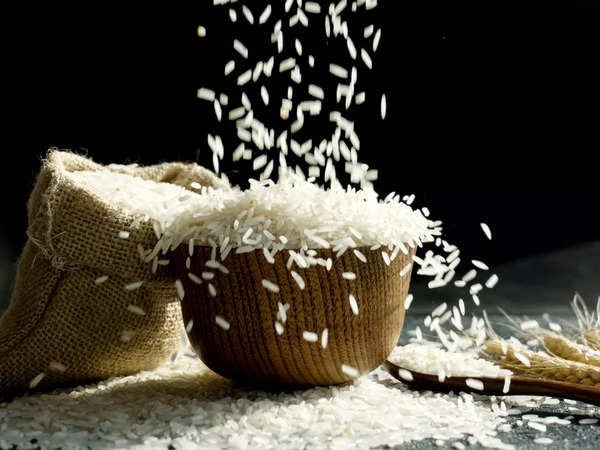Indian Government Grants Approval for Non-Basmati Rice Exports
The Indian government has recently granted its approval for the export of non-basmati rice, marking a significant development in the country’s agricultural sector. This decision holds immense importance, not only for the agricultural industry but also for the broader Indian economy.

Why this News is important:
Enhancing Agricultural Exports: The approval for non-basmati rice exports is a crucial step in enhancing India’s agricultural exports. India is among the world’s largest producers of rice, and non-basmati rice plays a vital role in the country’s food security. By allowing its export, India can tap into global markets and boost its agricultural revenue.
Economic Growth: This decision also holds substantial economic importance. The export of non-basmati rice can contribute significantly to the Indian economy, particularly at a time when economic growth is a top priority. The revenue generated from exports can be channeled towards development and infrastructure projects.
Historical Context:
The decision to allow non-basmati rice exports is in line with the ongoing agricultural reforms in India. The country has been witnessing a series of policy changes to transform the agricultural sector. The introduction of the Farmers’ Produce Trade and Commerce (Promotion and Facilitation) Act and the Essential Commodities (Amendment) Act have played a significant role in liberalizing trade and empowering farmers.
Additionally, India has a long history of rice cultivation dating back thousands of years. It is a staple food for the majority of the population, and the country’s rice production contributes substantially to global output.
Key Takeaways from this News:
| Serial Number | Key Takeaway |
|---|---|
| 1 | Approval for non-basmati rice exports is a significant move in enhancing agricultural exports. |
| 2 | It has economic implications, contributing to India’s economic growth and development. |
| 3 | This decision aligns with the goal of supporting farmers and improving their income. |
| 4 | India’s presence in the global rice market is set to expand, promoting international trade. |
| 5 | This decision is part of broader agricultural reforms aimed at making the sector more competitive and market-oriented. |
Important FAQs for Students from this News
Q: What is the significance of the Indian government’s approval for non-basmati rice exports?
A: The approval holds significance as it enhances agricultural exports, supports economic growth, and benefits Indian farmers.
Q: What are the broader implications of this decision on India’s economy?
A: This decision can contribute to economic growth and development by boosting revenue through agricultural exports.
Q: How does this decision align with the government’s aim to support farmers?
A: Allowing non-basmati rice exports provides farmers with new opportunities to sell their produce and increase their income.
Q: What impact does this approval have on India’s presence in the global rice market?
A: It expands India’s presence and promotes international trade, establishing the country as a reliable rice supplier.
Q: What is the historical context of rice cultivation in India?
A: India has a long history of rice cultivation, dating back thousands of years, and it plays a vital role in the country’s food security.
Some Important Current Affairs Links














